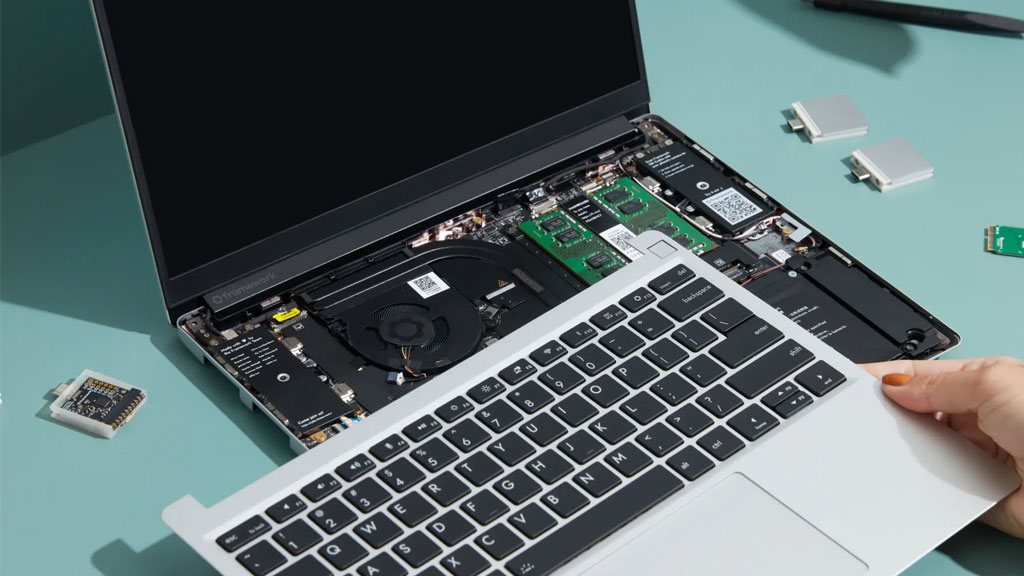Modular Electronics: Promoting Upgradability and Repairability
In the fast-paced world of technology, electronic devices quickly become obsolete, leading to an increasing amount of electronic waste. However, the concept of modular electronics has emerged as a sustainable solution, offering the potential for upgradability and repairability. In this article, we explore the concept of modular electronics, its benefits for both consumers and the environment and how it is transforming the way we use and dispose of electronic devices.

A Sustainable Approach
Modular electronics refer to devices that are designed with easily replaceable and interchangeable components. Unlike traditional electronics, where the entire device becomes outdated or unusable when a single component fails or becomes obsolete, modular devices allow for individual component upgrades or replacements. This approach not only extends the lifespan of devices but also reduces electronic waste by minimizing the need for complete device replacements.
Benefits for Consumers
Modular electronics offer several benefits for consumers. Firstly, they provide the flexibility to customize and personalize devices according to individual needs and preferences. Users can choose components such as processors, memory, cameras, or batteries based on their specific requirements, allowing for a more tailored and optimized user experience. Additionally, modular devices enable easy repair and troubleshooting. If a component malfunctions, it can be easily replaced without the need for specialized technical skills or expensive repairs. This not only saves time and money but also reduces frustration and the need for frequent device replacements.

Environmental Advantages
The environmental advantages of modular electronics are significant. By promoting upgradability and repairability, these devices help reduce electronic waste, which is a growing concern worldwide. Instead of discarding entire devices, users can simply replace or upgrade specific components. This reduces the overall environmental footprint associated with manufacturing new devices. Additionally, modular electronics encourage manufacturers to produce longer-lasting and higher-quality components, promoting a shift towards more sustainable and durable product design. Furthermore, modular devices can be recycled more effectively since individual components can be easily disassembled and processed separately.
Implications and Future Impact
The adoption of modular electronics has the potential to drive positive changes in the electronics industry. By encouraging upgradability and repairability, manufacturers are pushed to prioritize sustainable design and production practices. This shift may lead to reduced e-waste, decreased resource consumption, and increased consumer satisfaction. Furthermore, modular electronics align with the principles of a circular economy, promoting a more sustainable and resource-efficient model for electronic devices.
Wrap up
Modular electronics offer a promising path toward reducing electronic waste and promoting sustainability in the technology industry. By embracing upgradability and repairability, consumers can enjoy personalized devices, extended product lifespan, and reduced environmental impact. As the demand for more sustainable practices grows, modular electronics are poised to play a significant role in shaping a future where electronic devices are not only cutting-edge but also designed with longevity and environmental consciousness in mind.


